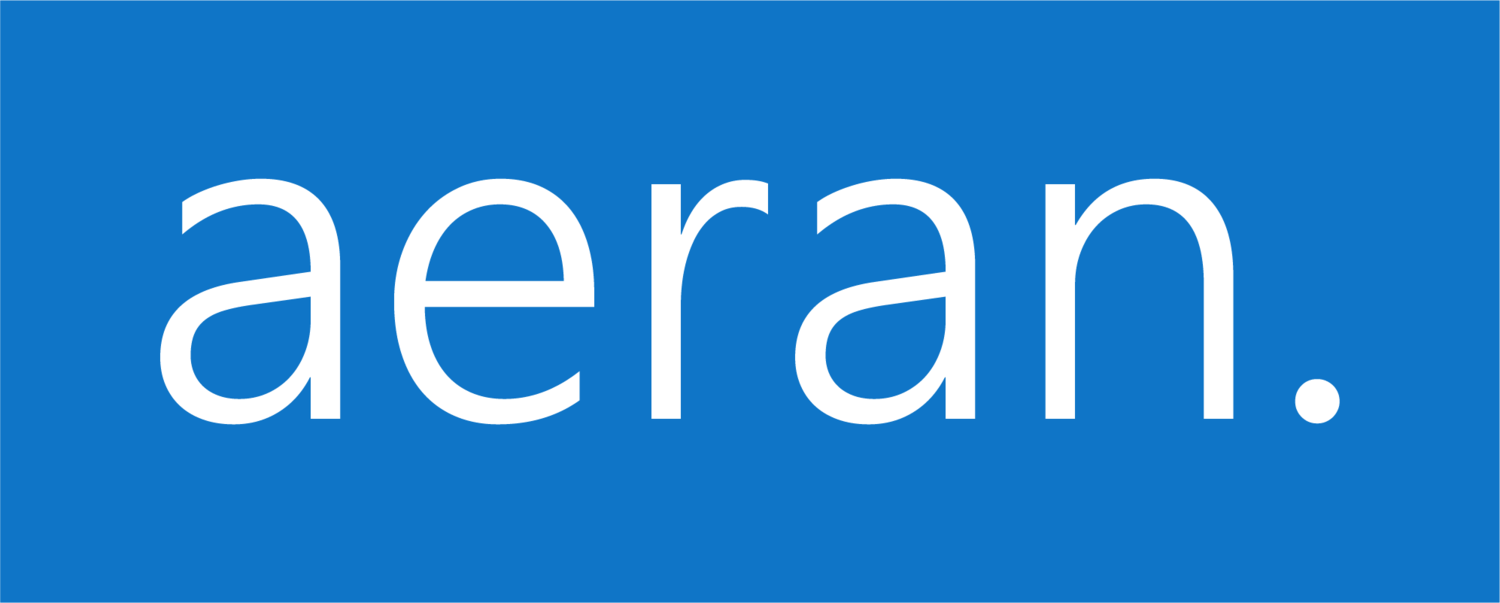1. What is independent financial advice?
Independent financial advice is impartial guidance about your money, free from conflicts of interest. It focuses solely on what's best for you.
2. Why does it matter?
You need to know if the advice you are getting is truly in your best interest and is not being influenced by other factors.
3. The Financial Services Royal Commission uncovered problems
In 2018, an inquiry into misconduct in the banking, superannuation, and financial services industry[i], led by Commissioner Hayne found that many people were receiving advice assuming it was given in their best interests and not realising the conflicts of interest at play.
For example, some advisers only recommended their employer's products or were paid based on how much money they put into certain investments.
4. New rules were recommended
In 2019, the Royal Commission recommended that advisers who are not independent should have to explain why in simple terms before giving advice. They should “give to the client a written statement … explaining simply and concisely why the adviser is not independent, impartial and unbiased.”[ii]
5. What makes an advisor truly independent?
Advisers can only qualify as independent if they or their Australian Financial Services Licensee (AFSL) and all representatives:
· Did not receive insurance commissions (or rebate them back to clients in full)
· Did not receive any gifts or benefits from product providers
· Had no restrictions regarding the products they can recommend
· Did not own, or are not owned by, and did not have any interest in or association with any products providers.[iii]
6. Disclosure is now the law
Since July 1, 2021, financial advisers must tell their individual clients if they are not independent and explain why.
7. Are the new rules working?
It is hard to say if the new rules are working. They only apply to retail clients where the advice is given directly to the client, not via another entity. They don’t apply to ‘wholesale’ clients.
Hopefully there is now more broad awareness of the issues. Though perhaps such disclosures are skimmed over as unimportant fine print.
8. Truly independent advisors are rare
Unfortunately, relatively few Australian financial advisers meet all the criteria for independence, though numbers are slowly growing.
Sadly, many factors are at play in the Australian financial services industry making it difficult for advisers to establish and build “best practice” independent advice businesses.
That said, they are hopefully the way of the future.
9. The gold standard of financial advice
The best type of financial advice comes from businesses with no ties to companies that create financial products. These advisers charge a set fee for their service, just like a doctor or lawyer, rather than a percentage of your investments.
The advice fees you pay deliver ethics and professionalism.
10. Independent advice is valuable
Paying for truly independent advice can save you money in the long run. Independent advisers can recommend the best products from any company, potentially lowering overall fees. You can also be confident that their advice is focused solely on what's best for you.
True peace of mind comes from knowing your adviser is completely dedicated to your best interests.
[i] Misconduct in the Banking, Superannuation and Financial Services Industry | Royal Commissions
[ii] Royal Commission into Misconduct in the Banking, Superannuation and Financial Services Industry, Final report, Recommendation 2.2, p.25.
[iii] Corporations Act 2001 (Cth) s.923A.
